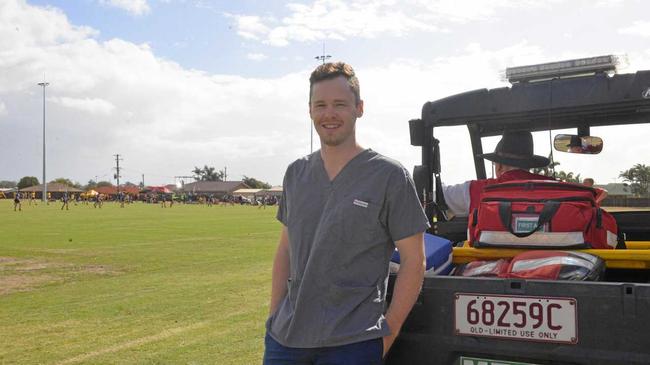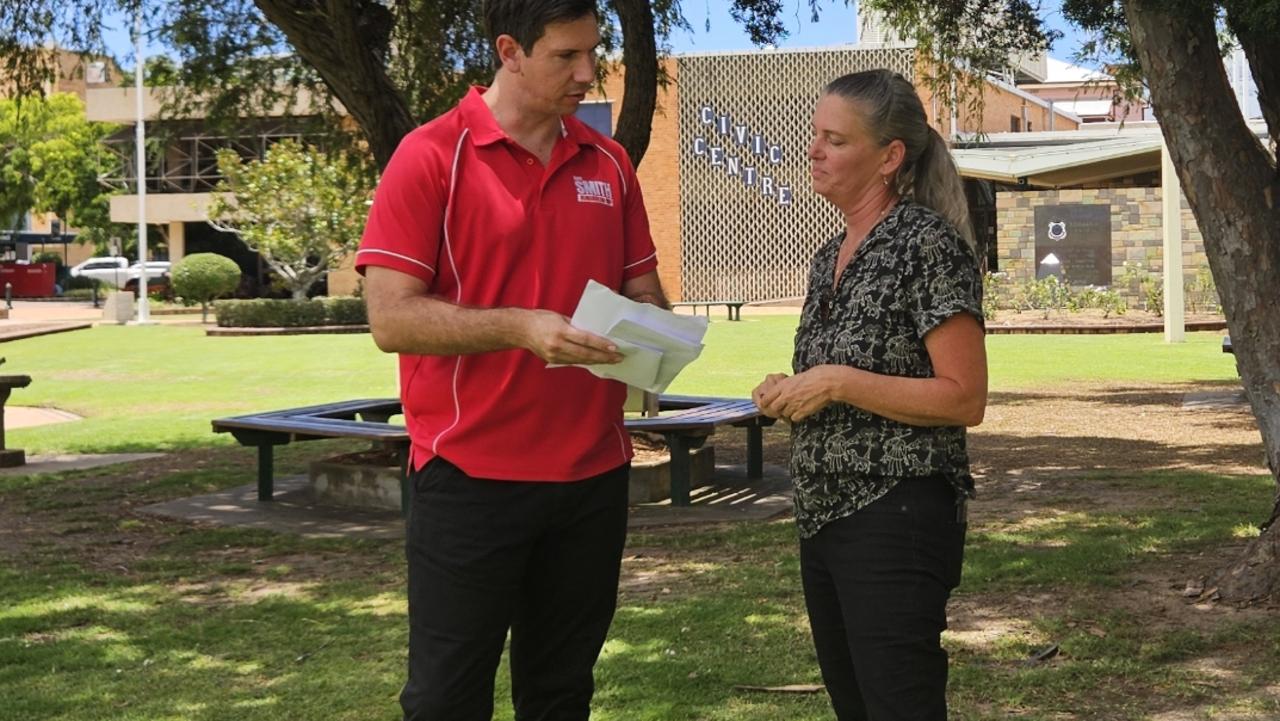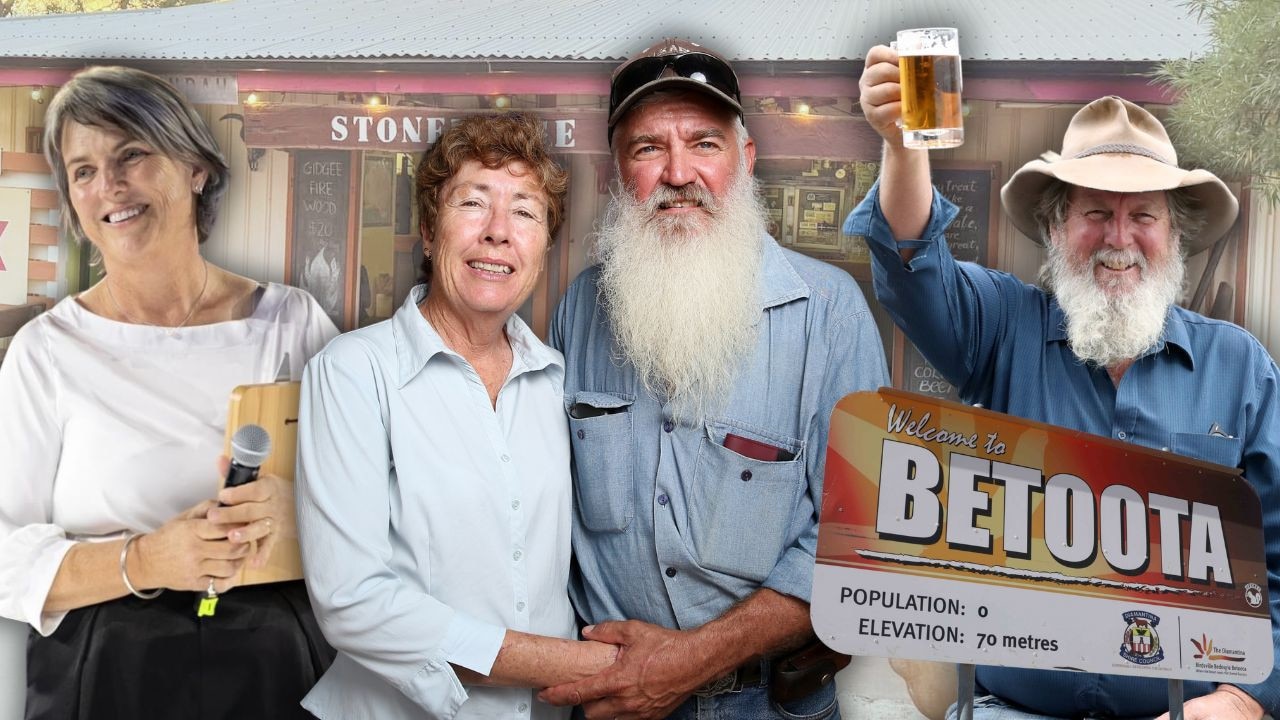Doctors on the sideline to help kids during Confraternity
WHILE there have been hundreds of players on the field for Confraternity this week, a dedicated team of medics, physiotherapists and doctors are there too.

Bundaberg
Don't miss out on the headlines from Bundaberg. Followed categories will be added to My News.
WHILE there have been hundreds of players on the field for Confraternity this week, a dedicated team of medics, physiotherapists and doctors have been on the sidelines ready to ensure the appropriate care is given to players.
In a week where sports-related concussions, and the long-term impact on players has dominated national headlines, one of the doctors at the Bundaberg grounds, Josiah Manteit said player safety was paramount.
He said in the lead up to what is one of the biggest school-boy rugby league carnivals in Queensland, there was a meeting to discuss day-to-day proceedings and ensure everyone knew the SCAT5 assessment technique.
He said this tool was used to assess patients who've presented with a head injury and potential concussion.
Dr Manteit said that before 1pm yesterday he had conducted about seven head-injury assessments and thankfully none were too severe.
But that doesn't mean players can go back on the field, after presenting for a head injury he said players are benched for 19 days from the time of the incident, assuming their condition improves. In the instance where their condition deteriorates, other protocols are adopted.
He said a head injury was not to be taken lightly, particularly when dealing with children because their brains were still developing.
Dr Manteit said most of the boys at the carnival would also play school and club football so it was important that they weren't subject to repetitive head knocks.
He said the awareness towards concussions had been increasing in recent years with studies and techniques discovered on how to assess a patient with a head injury.
Just how players are treated has never been more timely as just this week two law firms announced they were considering class action against the NRL for its handling of player's concussions.
But locally, Shalom College's Simon Gills said they work of the medical staff had been unbelievable throughout the week.
With 48 teams playing a contact sport, Mr Gills said no chances were taken.
In addition to support from medics, doctors and first aid officers, Mr Gills said they even had physio students on board helping with strapping and massaging.
While this is his first time as a doctor at a sporting carnival, Dr Manteit said he would definitely put his hand up to be one the medical staff at a carnival like this in the future.
A Wide Bay Hospital and Health Service spokesman said between Monday and Wednesday the Bundaberg Hospital Emergency Department had 39 presentations from people aged 15-18 that related to an injury sustained playing netball or football.
"These injuries included sprains, dislocations and head injuries," he said.
"First aid teams will generally transfer a number of patients to our emergency team during significant sporting carnivals such as Confraternity, so the presentation numbers are not surprising."
Today is the grand final.


